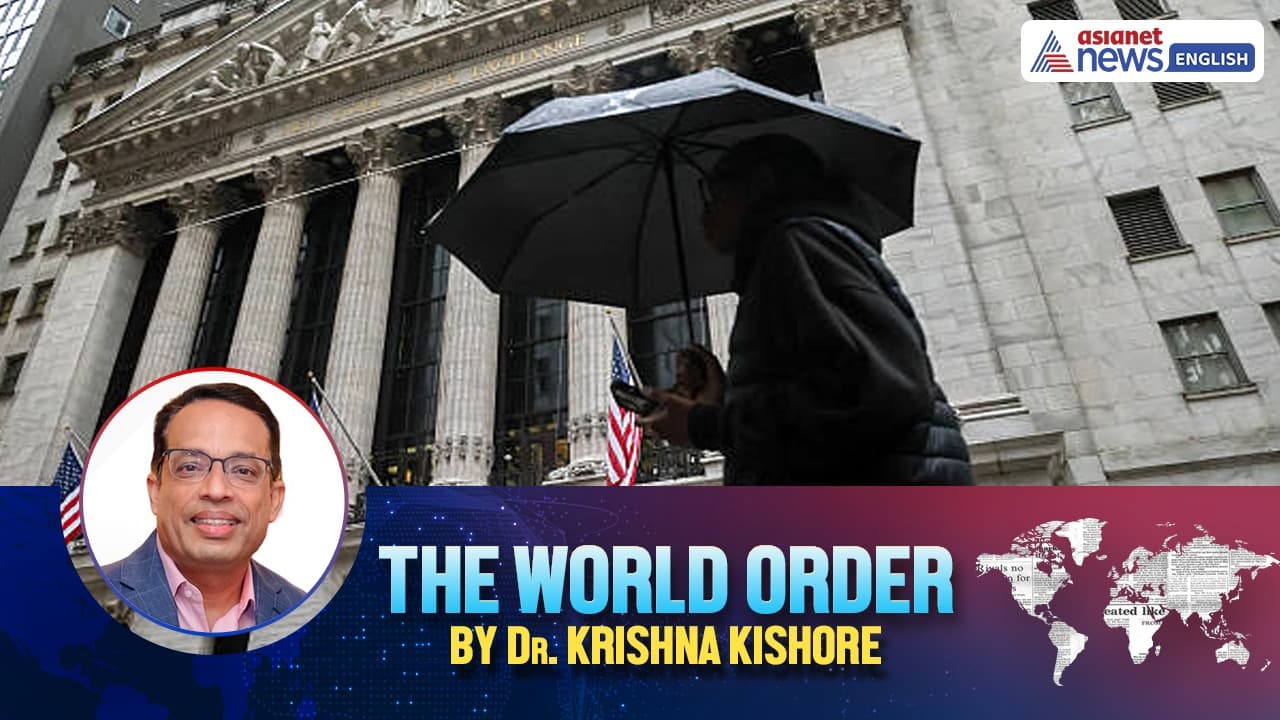As Nancy Pelosi’s retirement marks the close of one era, the likes of Zohran Mamdani and a wave of younger leaders signal another’s arrival. America’s renewal depends on this new generation finding its voice and its place in power.
The future is already here, but America’s leadership still belongs to the past. As younger generations shape culture, technology, and business, their voices in government remain a faint echo. The average age in Congress is now over 58 in the House and 65 in the Senate, in a nation whose median age is under 39. From the halls of Congress to the corridors of state power, an aging political class continues to dominate even as younger Americans clamor for change. The recent retirement announcement of Nancy Pelosi at 85 is a reminder that political longevity, however admirable, must eventually give way to generational renewal.
Pelosi’s career deserves respect. Her mastery of legislative politics and her historic role as the first female Speaker of the House changed the arc of American governance. Like many senior leaders such as Mitch McConnell and Bernie Sanders, she represents decades of institutional wisdom. America benefits from their perspective, forged through wars, recessions, and social upheavals. But experience alone cannot replace the energy, cultural fluency, and digital literacy needed to navigate a century defined by artificial intelligence, social media, and rapid economic transformation. President Biden’s age eventually forced him out of seeking a second term, and now many are asking whether Donald Trump, who is turning 80, can credibly promise a long-term vision for America’s future.
That gap is not just demographic, it is philosophical. A new generation sees politics less as a career and more as a mission. The rise of younger leaders such as Zohran Mamdani, the 33-year-old New York legislator whose recent victory symbolizes a progressive new wave, reflects that shift. His election shows that generational change succeeds when it is rooted in lived experience, digital skill, and authentic community ties. His campaign drew strength from small-dollar donors and a focus on rent, transit, and childcare. Voters responded not because of his age but because he spoke to their realities and rejected complacency. Mamdani’s success proves that fresh leadership matters when it builds bridges rather than breaks them.
Alongside him are figures like Maxwell Frost, the first Gen Z member of Congress from Florida, and Alexandria Ocasio-Cortez, who entered Washington at 29 and upended the establishment narrative. In Texas, James Talarico has emerged as one of the country’s youngest and most thoughtful lawmakers, bringing empathy and innovation to state politics. On the Republican side, new voices like Byron Donalds, Brandon Gill, and Kat Cammack, among others, represent conservative counterparts to this momentum, proving that the call for renewal transcends party lines. Across American cities, younger mayors such as Michelle Wu in Boston and Aftab Pureval in Cincinnati, both recently reelected, embody that same spirit of energy and modern governance.
What unites these emerging voices is not ideology but proximity. They are closer to the struggles shaping their peers’ lives, from student debt and unaffordable housing to climate anxiety and the digital economy. They do not just talk about the future; they live it. For too long, policy has been shaped by those insulated from its consequences. America needs leadership that blends the wisdom of experience with the urgency and imagination of youth. The question is not whether leaders can pass a cognitive test, but whether they can connect with and represent the people they serve.
Generational turnover is not rebellion, it is renewal. The Founding Fathers were in their thirties and forties when they built a nation. John F. Kennedy inspired a generation at 43. Today, Gen Z and millennials must answer that same call — not to critique from the sidelines, but to serve, run, and lead.
This is not about age discrimination or the notion that age alone determines competence. Many elder statesmen remain sharp and visionary. But renewal is essential, not to replace experience, but to complement it. America needs leaders who can translate the wisdom of the past into the language of the future, ensuring that new voices strengthen, not supplant, the democratic tradition.
The elders who built America’s political institutions deserve gratitude. But the republic’s vitality depends on passing the torch and making space for new voices before the flame flickers out.
